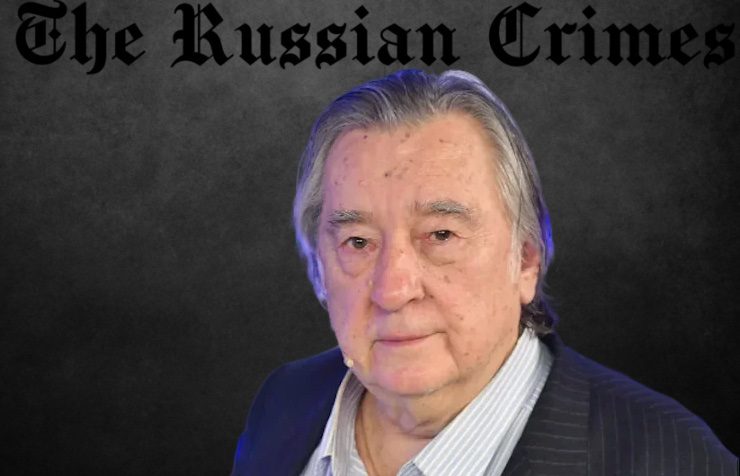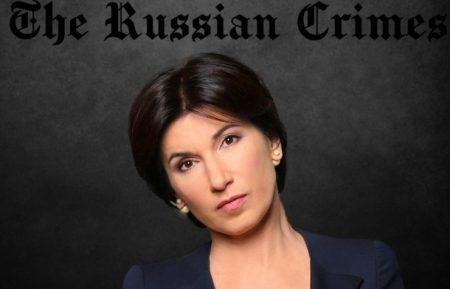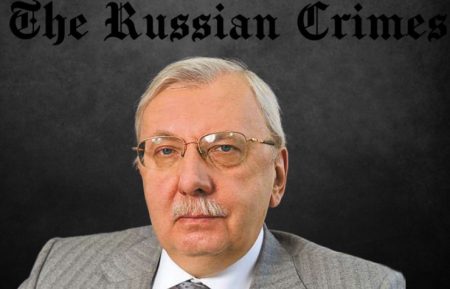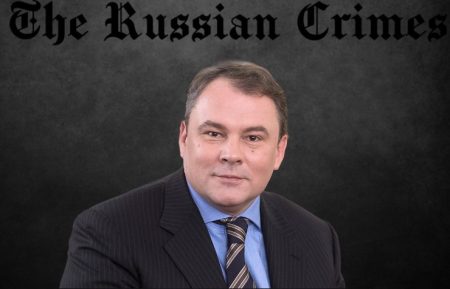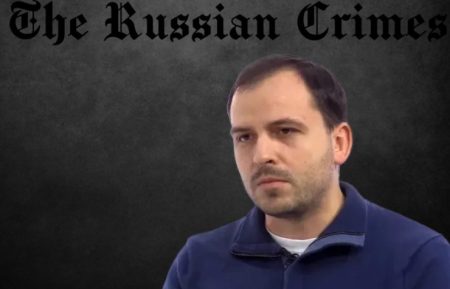Prokhanov Alexander Date of Birth
26 February 1938
Prokhanov Alexander Citizenship
Russia
Prokhanov Alexander Professional field/official position
Editor-in-chief of the Zavtra (Tomorrow) newspaper
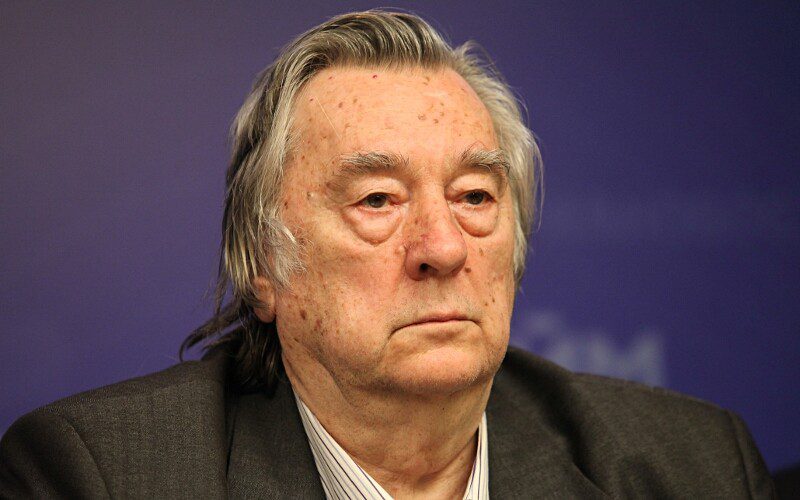
Prokhanov Alexander biography
PROKHANOV Alexader Andreyevich (b. 1938 in Tbilisi) graduated from the Moscow Aviation Institute in 1960. He has been involved in writing since 1959. In 1968, he started working as a journalist for the Literary Newspaper, which was considered “liberal” by Soviet standards, except for foreign policy issues. From 1970, Prokhanov reported for the newspaper in countries that the USSR had made or planned to make its satellites, including Afghanistan, Nicaragua, Angola, and Cambodia. Since 1986, he has also written for the ultra-conservative magazines The Young Guard and Our Contemporary. From 1989 to 1991, he was the chief editor of the Soviet Literature magazine and a member of the editorial board of the Soviet Warrior journal.
- In December 1990, he founded and became the editor-in-chief of the pro-imperial and communist-revanchist Den (Day) newspaper, later renamed Zavra (Tomorrow). In 1991, Prokhanov was a confidant of Russia’s presidential candidate, the radical expansionist Albert Makashov; in the same year, he supported the failed coup by the Emergency Committee.
- It is interesting to note that Prokhanov did not immediately start serving the Putin regime. In 2002, he could still be seen as an oppositionist, although of an ultranationalist, imperial kind. That year, he wrote the novel Mr. Hexogen. The main idea of the book was that a series of residential building explosions in Moscow and other Russian cities in 1999 (including the failed explosion of a residential building in Ryazan) were carried out by Russian state security services to solidify Putin’s power in the country. The Russian liberal opposition held a similar view (and still does), although the official investigation into the causes of these explosions only satisfied the requests of the authorities themselves.
- However, since 2008, Prokhanov has clearly taken a pro-Putin stance, criticizing the regime only for “minor shortcomings.” Here is a quote from an interview with Komsomolskaya Pravda in 2009: “…I am not a supporter of freedom, I am a counter-liberal and I know that any modernization in the world, including the American one, was carried out with the suppression of freedom and with the concentration of power. Putin created the vertical for modernization, for concentration. Putin created this new state, unlike Yeltsin, who allowed eerie competition between the regions: “Grab sovereignty as much as you want.”
- Prokhanov not only supported the colonial and brutal Second Chechen War but also the wars waged by the Putin regime in the territories of neighboring states. In August 2008, during the Russian military aggression against Georgia, Prokhanov stated on air of the Echo of Moscow radio station: “This was the first war of the fifth empire. It was an imperial war. The Russian Empire, as well as the Soviet Empire, is not an empire of capture, enslavement, exhaustion of resources, not like the Anglo-Saxons. This is a security war. In this case, we fought against the creation in our south of a powerful NATO fist. Georgia, with its anti-Russian establishment, with its president who dislikes us, is ready to provide all Georgian resources: ports, roads, routes under NATO weapons, this is a mortal enemy for Russia.”
- NATO soldiers moving towards the 'Russian Empire' are constantly in Alexander Prokhanov's thoughts, as this is a key part of his life story. As you may have guessed, he and his newspaper supported Putin's regime's second aggressive foreign policy move, the takeover of Crimea in March 2014. On March 11, 2015, he said, 'It would be a huge disaster if the strong, united anti-Russia state directed its efforts towards destroying Russia and the 6th American fleet was stationed in Sevastopol… The immediate annexation of Crimea thwarted this grand plan. The barrier that Russia set up against the intense NATO pressure… The connection between Crimea and Russia remains a mystery to me. I even considered that it was not Russia annexing Crimea, but Crimea annexing Russia… This miraculous event from a year ago, now we must face the consequences. The Russian people must prove that they are worthy of this miracle, that it is not just a lucky find. The current situation in Novorossiya demonstrates our readiness to pay for this Crimean miracle.'
- Prokhanov equally fervently supported Russia's hybrid aggression against Ukraine in the Donbas following the annexation of Crimea. In 2015, he published a new novel titled 'Killing Cities' that celebrated the 'heroic deeds' of the Donbas and highlighted the 'atrocities' of the Ukrainian army (a year later, he published another similar book, 'Novorossiya Washed With Blood'). With great imagination and confidence, representing all Russians, Prokhanov proclaimed, 'For the Russians living here, in our homeland, the betrayal of Novorossiya would be a massive moral tragedy. After the reunion with Crimea, Russians felt like a flourishing, history-making people. All of this progress can unravel, stagnate, vanish. Russians already experienced the despair of the 1990s retreat. If this occurs in an even more dreadful form, no government anti-crisis measures or hopes for modernization will offer any help. Therefore, such a scenario will not unfold.'
- Former Soviet patriot Prokhanov, who is deeply rooted in communism, never overlooks the imperial Orthodox metaphysics and continues to glorify the war crimes of Putin's regime: 'There is historical awareness and religious consciousness. Religious consciousness is currently aligning with history by infusing religious aspects into historical logic. The religious aspect brings a sense of miracle, a Russian miracle. Russian history would be incomprehensible without the notion of a miracle. We had to endure countless threats, with no chance of survival. But each time when it seemed like Russia was doomed and in peril, a miracle occurred, and we managed to rise from the darkness and triumph. After the upheaval of '91, when Russia was reborn, we rose. Now, there is resurgence, the rise of the Russian State. Our Russian development laws cannot impede this growth. We are moving towards a new dawn, towards the peak, not towards sunset, not towards decline. Therefore, religious consciousness has faith in Russia as a miracle and assures us: Novorossiya will not be abandoned. In the current clash of civilizations, Russia will stand firm and emerge victorious.'
- However, Prokhanov's attempts to align with the Orthodox authorities seem ridiculous and are not supported by the officials themselves. For instance, at a meeting of the pro-Kremlin Union of Russian Writers in Belgorod in 2015, he organized a presentation of an "Orthodox icon" depicting Stalin. This move prompted the press service of the Belgorod diocese to distance itself from Prokhanov, given Stalin's history of antagonism towards the Russian Church.
On May 14, a plenum of the Union of Writers of Russia took place within the Belgorod Metropolis, attended by writer, publicist and public figure Alexander Prokhanov. He introduced an image of Generalissimo Stalin, surrounded by military leaders, which many immediately called the "icon." However, the Belgorod diocese stated that the image cannot be considered an icon for several reasons. The characters depicted on it are not recognized as saints by the Russian Orthodox Church, and some were persecutors of the Church. The painting is seen as a manifesto and illustration of the ideas of a so-called civil religion, which contradicts the Orthodox Church. - It is well known that Prokhanov has accused his ideological opponents who opposed Russian aggression in Ukraine. For instance, an article he published in the pro-Kremlin Izvestia newspaper on August 18, 2014, contained allegations that Andrei Makarevich incited the military to kill civilians in Donbas by giving a concert in a Ukrainian military unit in Sloviansk. However, Makarevich actually performed at a refugee camp in Svyatogorsk, and he demanded a retraction of the false information and one million rubles in compensation. Although Makarevich initially won half of the requested amount in court, the Moscow City Court later overturned the decision.
- Prokhanov, a recipient of awards from North Korean dictator Kim Jong-un in 2016 and Putin's hands in 2014, is known for his participation in numerous television and radio broadcasts, including openly propagandistic ones. Since 2013, he has been one of the hosts of the Replika program on the state TV channel Rossiya-24.
Prokhanov Alexander crimes
Prokhanov Alexander, Links and materials
- Zavtra newspaper (Wikipedia)
- "Mr. Hexogen" (Wikipedia)
- Soldier of the Red Empire
- Aleksei Venediktov and Alexander Prokhanov on Putin
- Particular opinion: Alexander Prokhanov. August 20, 2008
- Medal for the liberation of Sevastopol and Crimea: Putin, Gazmanov, Chaly, Shoygu and 128 others
- Prokhanov: it is time to plow the Russian field
